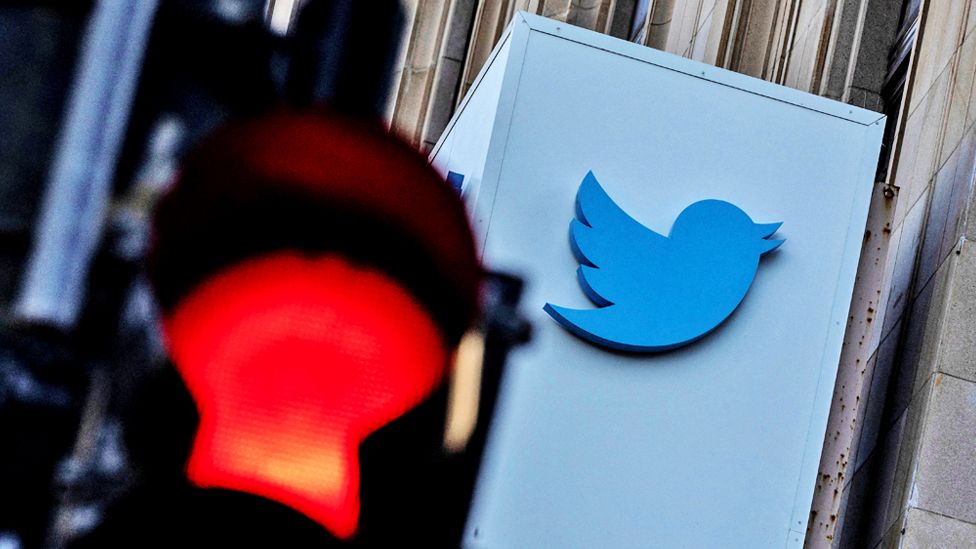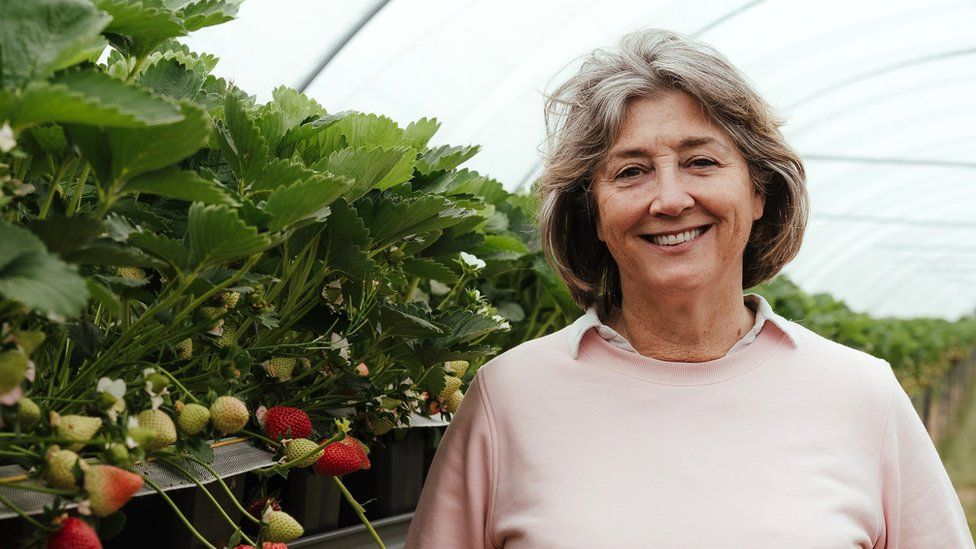To encourage more people to go online, peers have suggested that special internet deals for those receiving benefits be made VAT-free.
According to a Lords committee report, people without internet are at a disadvantage when applying for jobs, for instance.
According to the report, the government "does not have a credible strategy to address digital exclusion.".
However, according to the government, it is dedicated to making sure that no one is left behind in the digital age.
In the statement, it is stated that efforts have been made "to bring a range of social broadband and mobile tariffs, available across 99 percent of the UK, and starting from as low as £10 per month.".
Social tariffs are special offers that businesses make to customers on benefits.
According to the House of Lords communications and digital committee, 17% of homes lack access to mobile or broadband internet, and up to a million people have reduced or canceled their internet subscriptions in the previous year.
90 percent of jobs are only advertised online, and services ranging from banking to benefits are increasingly moving online.
Bella, who is 18 years old, was raised in a single-parent home that experienced financial difficulties, "especially during this cost-of-living crisis and Covid.".
She admitted to the BBC that she did not have a laptop of her own for some of her time in school, and as a result, "I had to spend a lot of time in the library at the weekends.".
Matt, who has worked and helped raise awareness of the problems care-leavers face while also spending time in care, told the BBC that he had never lived in a home with broadband internet.
Many care-leavers, according to Katherine Sacks-Jones, CEO of the children-in-care charity Become, "face a real struggle.".
She claimed that many people are unable to afford wi-fi "or they are unable to purchase the data on their phones because they are having to pay for other things like feeding themselves, like keeping the electricity on.".
People without access to data have complained to the BBC about difficulties managing benefits claims or juggling work hours with library opening hours to complete forms or print out documents.
After her husband passed away, Lewa was forced to start saving.
She made the decision to "reduce Wi-Fi to focus on gas, electricity, and water costs," but she was unaware of how reliant on data her family had grown to be.
"Life is difficult. Data for four people is expensive, and I was always in the red, she said.
There were times when I struggled so much that I actually started crying, especially when your doctor advises you to fill out the online form. ".
You require those facts. It's crucial. On some days, I have to do my shopping online because I can't leave the house. It's difficult to function without internet access. ".
"In order for my children to complete their homework, I had to send them to my neighbor. I was humiliated. " .
Eventually, the family received a tablet and data from the Good Things Foundation, which works to end digital exclusion.
According to the committee's chair, Baroness Stowell, those without internet frequently miss out on online deals. As a result, she said, "in a cost-of-living type situation, they are also not getting the full advantage of any savings.".
The government was charged with "eyeing off the ball" in the report.
High levels of digital exclusion, according to the report, are undermining the government's goal of making the UK a "technology superpower" and fostering economic growth.
That includes those who lack necessary digital skills, can't afford internet, or can't access it.
The size of the issue, according to the statement, is "a direct result of political lethargy.".
People who are excluded from the digital world may experience bias as a result of the growing use of AI in the delivery of public services.
According to the report, people who don't post online frequently might not be well represented in the datasets, which are frequently compiled from online content and used to train such systems.
Peers want to see social tariffs used more frequently. Only 5% of the eligible 4.3 million people currently use them.
According to Baroness Stowell, the Lords also demanded that the Chancellor immediately remove the VAT from social tariffs. She also wished that Ofcom would do a better job of pressuring businesses to advertise these tariffs.
The report comes after the Chancellor discussed the cost-of-living crisis with regulators, including Ofcom.
Ofcom's CEO, Dame Melanie Dawes, stated after the meeting that the organization would "urge telecoms firms to take immediate steps to raise awareness of social tariffs.".
A new digital inclusion strategy was "long overdue," the Internet Service Providers Association's Till Sommer agreed with the committee.
He claimed that the broadband industry as a whole had a "real commitment" to supporting those in need and enabling social tariffs to enable more people to access the internet.
But he added that in some instances, such as when it comes to reviewing the VAT on broadband, "only the government can move the dial.
. "








